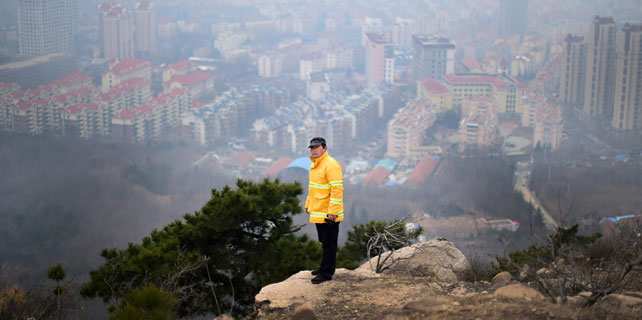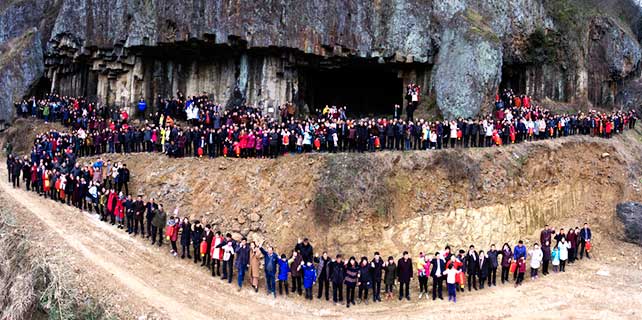Iraq sends reinforcements ahead of new push against IS in Mosul
MOSUL, Iraq - Large reinforcement troops have been dispatched near the southern edges of Mosul, preparing for an imminent push into the last Islamic State (IS) stronghold in the western side of Mosul, the Iraqi military said on Sunday.
"We have large reinforcement troops with units of armored vehicles and artillery arriving recently near the Abu Saif Hills just south of Mosul to bolster the military situation," an army source told Xinhua on condition of anonymity.
"The reinforcement troops have taken new positions on the southern and western edges of Mosul. The troops are on the highest alert and are ready to engage in battles to free the remaining part of Mosul from IS terrorists," the source said.
During the past few days, the Iraqi and US-led coalition aircraft conducted many airstrikes against IS positions in the western side of Mosul, while the artillery and mortar shelling intensified against IS positions in particular their positions in Mosul international airport in southern the city, the source added.
"The troops are waiting for the zero hour to push into the western side of Mosul, locally known as the right bank of the city," he said.
On January 24, Iraqi Prime Minister Haider al-Abadi declared the eastern side of the city of Mosul was fully liberated after more than 100 days of fighting against the extremist militants of IS group.
Following the liberation of eastern Mosul, al-Abadi promised to retake the western part of the city, where an estimated 750,000 people are still living under the control of IS militants.
On Oct. 17, 2016, al-Abadi announced the start of a major offensive to retake Mosul, the country's second largest city and IS militants' last major urban stronghold in Iraq.
The second phase of the offensive to free the eastern bank of Mosul began on Dec 29.
Mosul, 400 km north of the Iraqi capital of Baghdad, has been under IS control since June 2014, when Iraqi government forces abandoned their weapons and fled, enabling IS militants to take control of parts of Iraq's northern and western regions.








